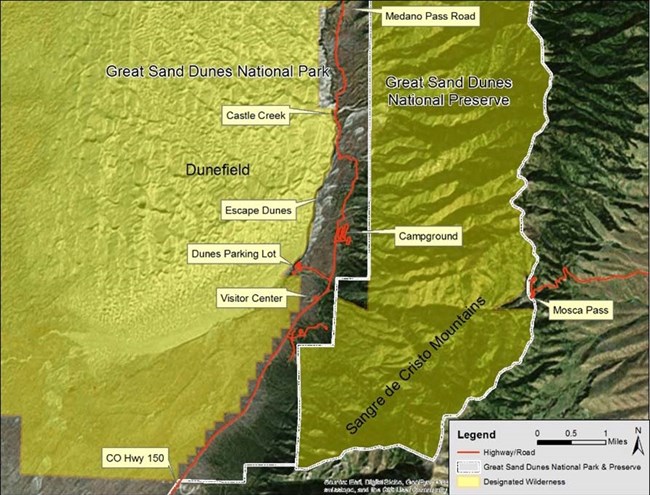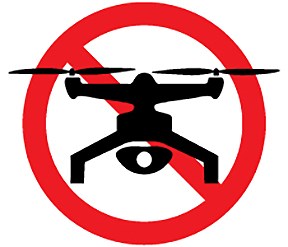
Do I need a Filming, Photography, or Audio Recording Permit?In most cases, permits and fees are not required for filming, still photography, or audio recording that involves eight or fewer individuals. In order to avoid permit and fee requirements, the filming, still photography, or audio recording must meet all of the following conditions:
Permits and fees are never required for filming, still photography, or audio recording that is associated with an activity or event that has been authorized under a written instrument (e.g., permit or agreement), such as a wedding, sporting event, demonstration or other activity. All filming, still photography, and audio recording is treated the same under the new law. It does not matter whether it is commercial, non-commercial, for content creation, by a student, or conducted by media or for news gathering. When a filming, still photography, or audio recording permit is required, the National Park Service will charge location fees and fees to recover its costs to administer the permit, including application fees. Individuals and groups conducting filming, still photography, or audio recording remain subject to all other laws and regulations applicable to visitors to park areas, including those requiring permits for certain activities (e.g., special events or demonstrations) and those prohibiting disturbance or other negative impacts to natural or cultural resources. Individuals and groups conducting filming, still photography, or audio recording are subject to entrance and/or recreation fees that may apply in park areas even when a permit is not required. 
Unmmanned Aircraft Policy (Drones)It is illegal to launch, land, or operate an unmanned aircraft (drones) from within the boundaries of Great Sand Dunes National Park and Preserve or other national park units. This law is to protect wildlife, emergency operations, and visitor privacy and enjoyment. Filming in WildernessThe National Park Service manages and protects more than 67 million acres of park lands and waters as wilderness areas. These areas have additional laws and policies to preserve their wilderness character for future generations. Filming activities in wilderness areas must follow all applicable laws and regulations that govern wilderness areas in the park, including prohibitions on structures, installations, motor vehicles, mechanical transport, motorized equipment, motorboats, or landing of aircrafts. If You Meet the Conditions of Requiring a PermitIf you have more than eight people need for your filming or photography project, or require more than handheld equipment, and other conditions that are not met as described above, you may apply for a filming, photography or audio recording permit. Permits are considered in the order they are received. All applications must be completed in detail. Please allow a minimum of 2 to 4 weeks (depending on project type and volume of requests) to process your application. If you are unsure whether or not your project might require or permit, or might be prohibited, please contact the park permit office contact listed below.
Complex Filming/ Still Photography
Send completed applications to:Great Sand Dunes National Park Questions?Email the Permit Office or call 719-378-6321. |
Last updated: May 1, 2025
